On Friday, March 1, the Court of Appeals of International Criminal Court (ICC) decided that the Public Ministry will continue with the investigation of possible crimes against humanity against the State of Venezuelacausing a severe setback to the president’s government Nicolás Madurowho had requested the suspension of investigations.
“The Court of Appeal (…) rejects the arguments presented by the Venezuela. “Reject the appeals and confirm the contested decision,” said the judge. Marc Perrin de Brichambaut to the court based in Have itreported the AFP agency.
TO LOOK: The gang leader seeking a coup in Haiti: the reasons for the unprecedented violence
In November 2021, Venezuela became the first country in Latin America in which the ICC opened a formal investigationafter the British prosecutor Karim Khan announced the opening of the case known as “Venezuela I”, for alleged crimes against humanity perpetrated in 2017 during anti-government protests in which more than 150 people died.
In August 2022, Venezuela He asked the court to suspend the investigation, arguing that Caracas is already investigating in national courts and does not need international justice to do so.
In November last year, the Minister of Foreign Affairs of Venezuela, Yvan Gil, assured the CPI that the national justice system is already carrying out its processes and referred that “more than 255 State agents were accused, 64 accused and 62 convicted”, for what he described as “cases of human rights violations that are of interest” to the ICC. .
“In Venezuela Each of the investigations was carried out independently and responding to the evidence obtained in each case. What can never be stated is that Venezuela artificially constructs unfounded accusations against certain objectives, simply to satisfy the demands of certain internal and external actors”, added Gil.
In this note we explain the origin of the case, what the defense of the Maduro regime says and the reactions of NGOs that defend human rights:
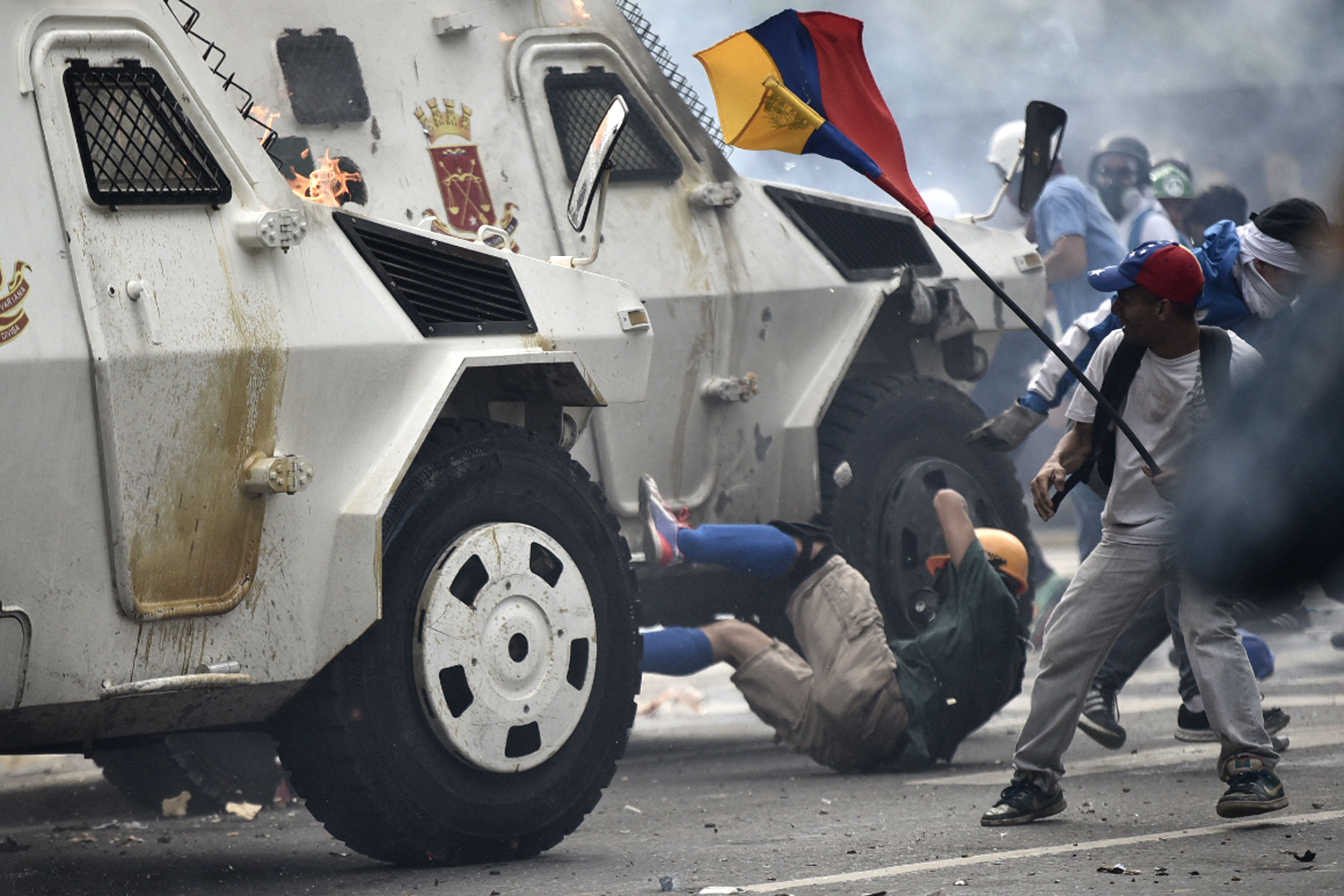
According to an analysis Wolathe case against Venezuela born in CPI in February 2018, when the then prosecutor Fatou Bensouda announced that his office would open a preliminary exam about that country, which is a step prior to opening an investigation.
He said he would analyze the acts committed since April 2017which included excessive use of force in the context of demonstrations, arbitrary arrests and torture by members of Venezuelan state.
Specifically, Between April and July 2017 there were strong anti-government protests in Venezuela. During this period, the Supreme Court of Justice had blocked the powers of the National Assembly, which was controlled by the opposition, and Venezuelans who opposed the Maduro regime took to the streets to demonstrate. It was also required advancement of presidential elections.
According to the NGO Venezuelan Criminal Forumthere were 163 dead, 2,977 injured and 1,351 arrested.
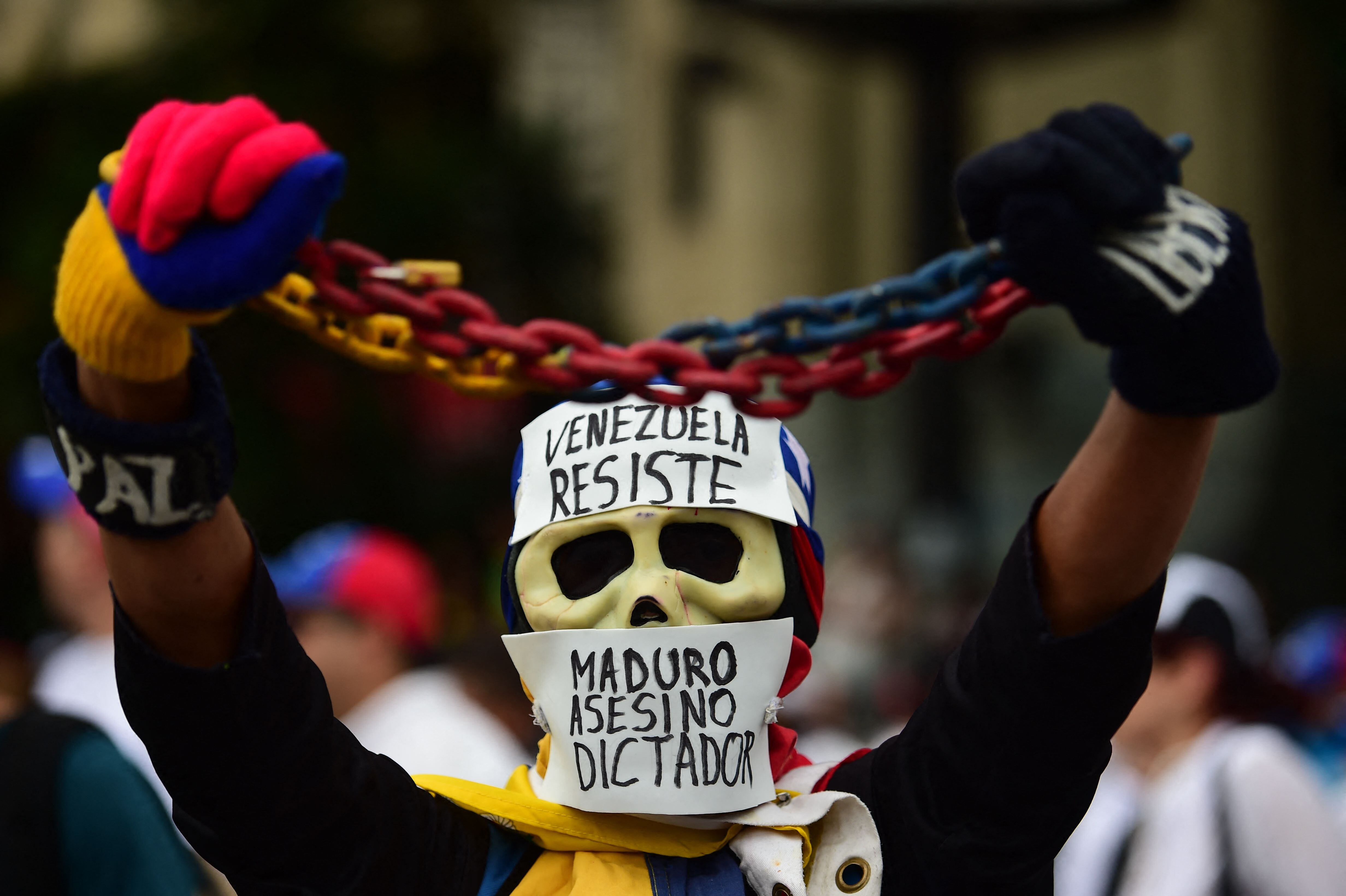
On 27 September 2018, the ICC Prosecutor received a request from six States party to the Rome Statute, Argentina, Canada, Colombia, Chile, Paraguay and Peruto initiate an investigation into Crimes against humanity allegedly committed in Venezuela since February 12, 2014.
In December 2020, the Public Ministry of CPI declared that the available information provides reasonable grounds to believe that crimes have been committed crimes against humanity in Venezuela. These include stalking politics, imprisonment or other serious deprivation of physical liberty, torture, rape and other forms of sexual violence by civil authorities, members of the armed forces and supporters of the government of Nicolás Maduro.
On November 3, 2021, after visiting Venezuela As part of the preliminary examination, the Prosecutor Karim Khan announced that it was completed and decided to formally open an investigation.
The announcement of here was accompanied by an agreement between Venezuela and the ICC Prosecutor’s Office to continue promoting cooperation between the parties to facilitate genuine criminal investigations in the South American country.
However, shortly after the government of Mature asked the prosecutor CPI interrupt the investigation, taking into account that the Venezuelan State itself was investigating these events. The process was then temporarily suspended until the judges decided whether or not to authorize the Public Prosecutor’s Office to resume the investigation.
On June 27, 2023, the Pre-Trial Chamber decided to authorize the Public Prosecutor’s Office to resume the investigation into Venezuela.
Caracas appealed in November and representatives of the government of Mature they maintained that Venezuela failed to adequately investigate allegations of here because the indictment’s information was inaccurate.
But after Friday’s decision, Karim Khan will now be able to continue searching for evidence of alleged crimes against humanity.
At this point, Wola notes, it is worth highlighting that the preliminary exam completed in November 2021 is called Venezuela I. However, on February 13, 2020, the Government of Venezuela requested that alleged crimes against humanity committed as a result of the application of sanctions adopted by the United States government since 2014 be investigated. This became the preliminary examination Venezuela IIand it is currently still open, in the second of the four phases that make up the examination (initial assessment, competence, admissibility, analysis of the interests of justice).
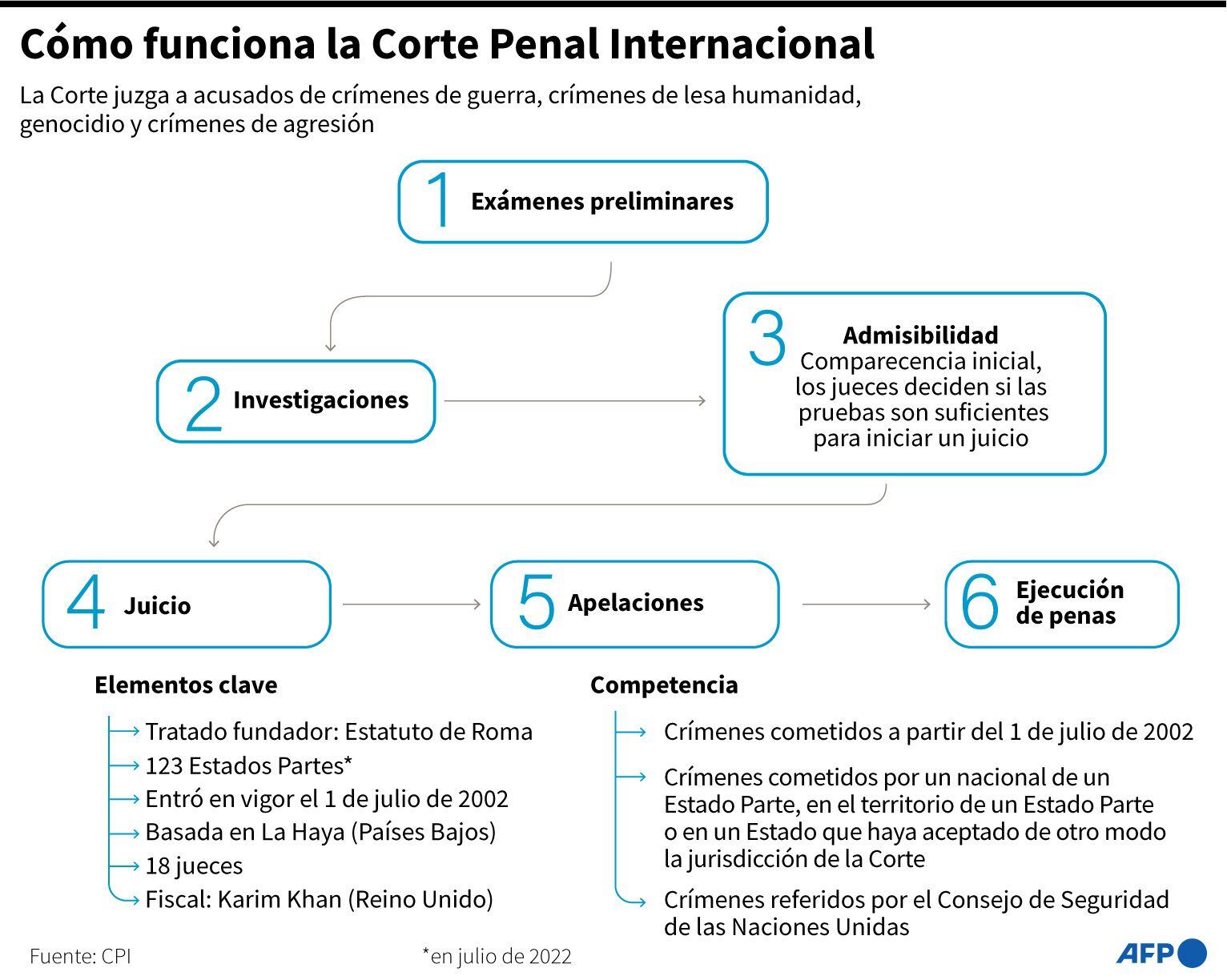
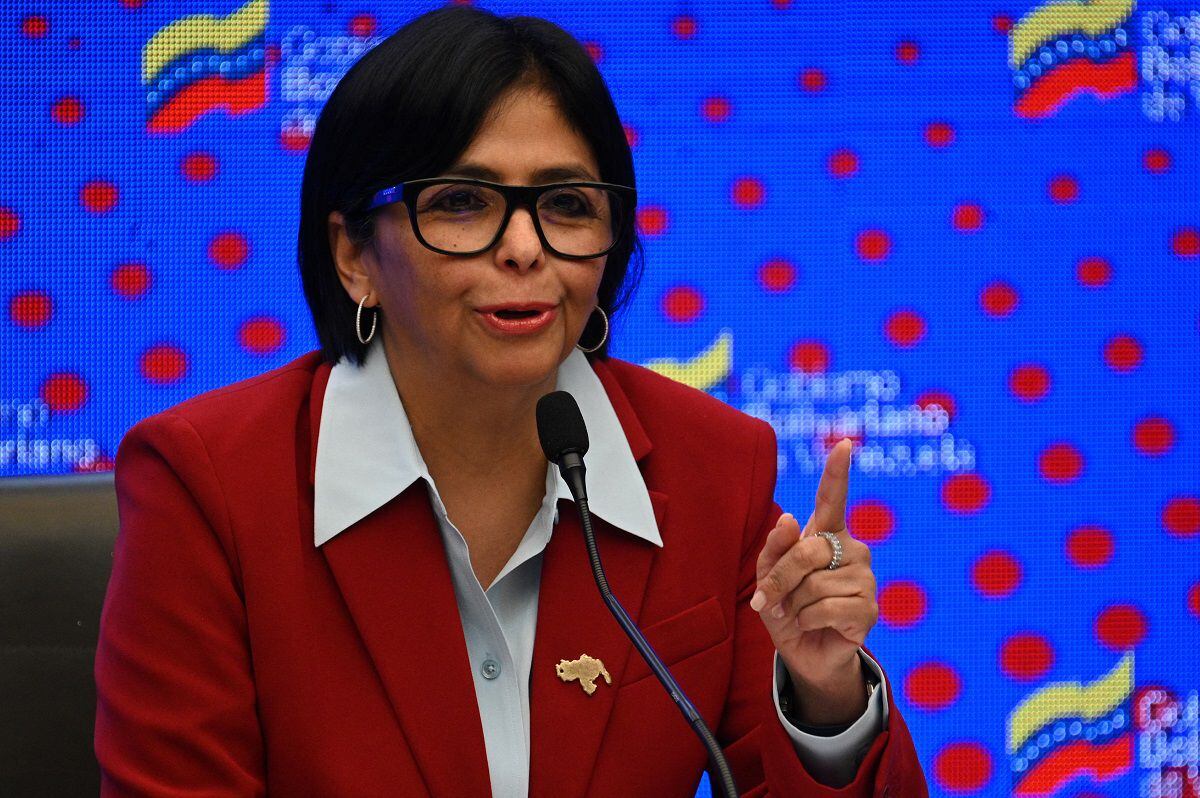
On Friday, the Government of Venezuela rejected the resumption of the investigation and I say that These events “never happened.”
“It has been amply and sufficiently demonstrated that the process initiated before the CPI “responds to the intention of instrumentalizing international criminal justice mechanisms for political purposes”, says a statement released on social media by the Executive of Nicolás Maduro.
Caracas insisted that it is a “manipulation of a reduced set of crimes” that “have been or are being duly investigated and punished by the authorities of the Venezuelan justice system”.
Venezuela reiterated “that it is neither necessary nor appropriate for the Public Ministry to carry out separate or additional investigations”, because it considers that, with these actions, the CPI “it denatures its raison d’être and undermines its credibility as an international justice organization.”
In turn, the vice president Delcy Rodriguez said: “The truth is that the Venezuelan justice system has been on the front line for investigating and resolving cases in which some type of crime has been committed, but has nothing to do with crimes covered by the Rome Statute and crimes. against humanity.”
While The Attorney General of Venezuela, Tarek William Saab, maintained that in his country “no crimes against humanity were committed”.
“Our commitment to defending human rights has not diminished,” he stated. Saabafter ensuring that since 2017, 555 agents have been convicted of “human rights violations”.
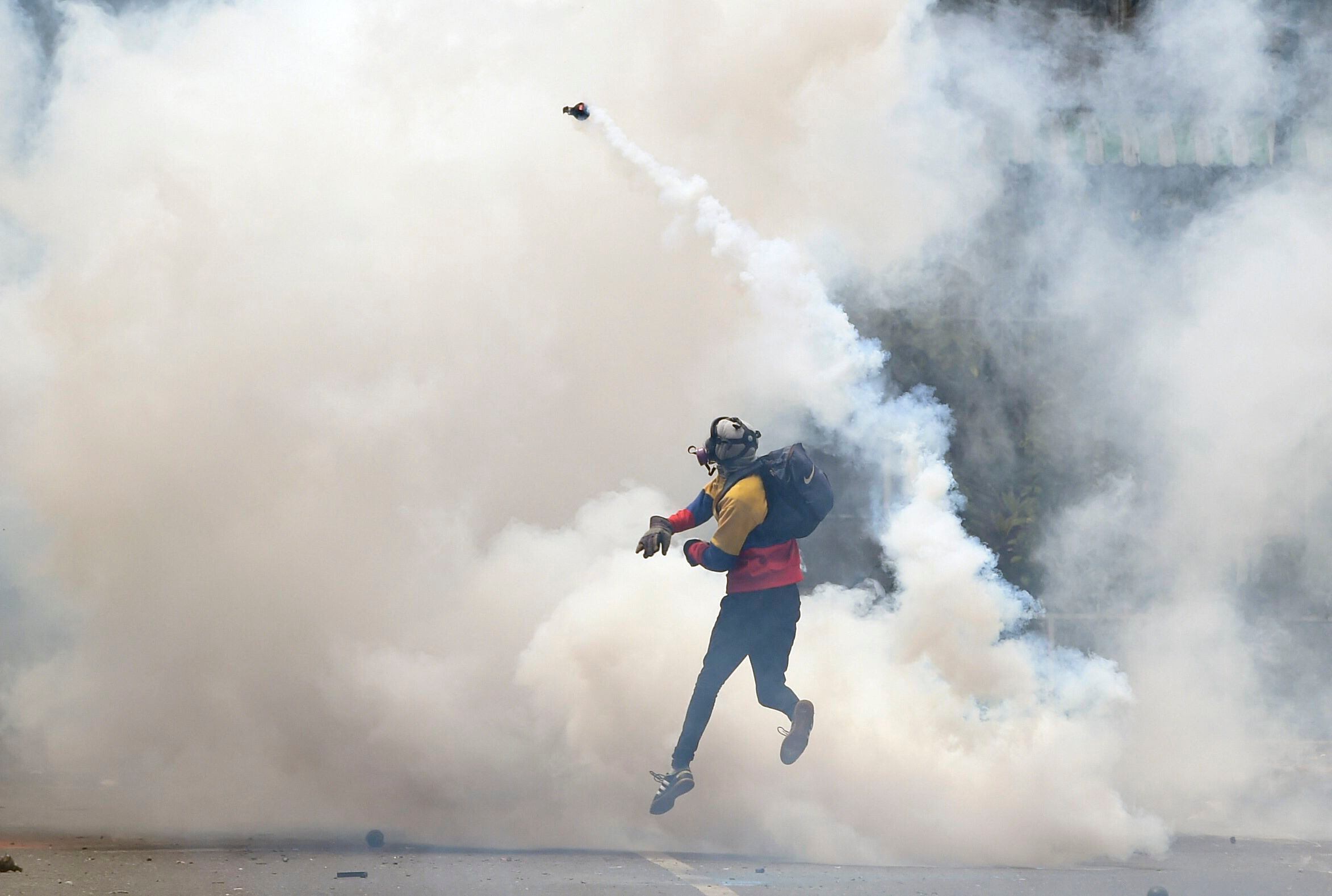
The Venezuelan NGO To supply and the International Federation for Human Rights (FIDH) They applauded the decision of the CPI and said it is “a crucial step in the fight against impunity in Venezuela”.
“In a context marked by the dismantling of the rule of law in the country and a new wave of persecution against all dissenting voices, the ICC’s response represents an important turning point, as it allows progress in the investigation of serious human rights violations. and international criminal law committed by the Maduro regime,” the organizations said in a joint statement.
So go Fundaredes also welcomed the ICC’s decision and assured that it is a step towards ensuring “justice for victims” of crimes against humanity that are investigated.
Human Rights Surveillance (HRW) considered that the decision “is a ray of hope for the victims of systematic human rights violations by the Maduro government”.
Michelle Reyes of HRW indicated that now is the time to be patient because the times of CPI They are not set in stone and there are many factors that can come into play. However, he recalled that “The Venezuelan government cannot currently take steps to stop the investigation”.
Source: Elcomercio
I am Jack Morton and I work in 24 News Recorder. I mostly cover world news and I have also authored 24 news recorder. I find this work highly interesting and it allows me to keep up with current events happening around the world.

:quality(75)/cloudfront-us-east-1.images.arcpublishing.com/elcomercio/CO23A2YNIJGZNIYZHFTYXOOYNQ.jpg)





